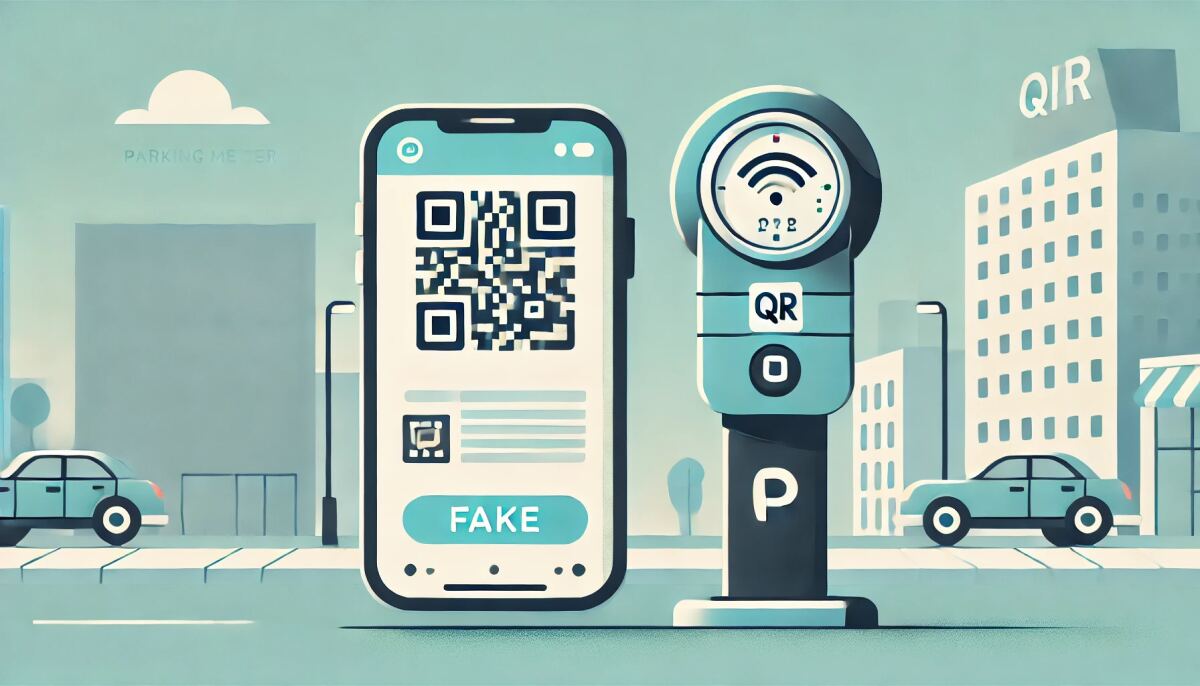A surge in parking meter QR code scams has been reported, raising concerns among law enforcement and identity theft experts. The Identity Theft Resource Center (ITRC) has highlighted an alarming increase in cases where scammers are targeting unsuspecting individuals by placing counterfeit QR codes on parking meters.
These fraudulent codes are strategically placed over the legitimate QR codes used for payment. When drivers scan the fake code, they are redirected to a counterfeit website that mimics the real parking meter payment platform. Once the individual enters their payment details, identity thieves quickly steal the information, leaving victims vulnerable to unauthorized transactions and potential identity theft.
“With the trending cases of parking meter QR code scams, it’s crucial to be able to identify the warning signs of a scam code,” said Michael Scheumack, chief innovation officer for identity theft protection company IdentityIQ. Scheumack also serves on the Identity Theft Resource Center Alliance for Identity Resilience Advisory Board. Scheumack emphasized the importance of vigilance in spotting and avoiding fake QR codes.
Tips to Avoid QR Code Scams
Scheumack offered several practical tips for avoiding falling prey to these scams:
- Only scan QR codes from trusted sources: Be cautious when scanning any QR code, especially in public areas.
- Look for tampering signs: Counterfeit QR codes are often placed over legitimate ones. Check for stickers that appear out of place or signs of peeling.
- Verify URLs: After scanning a QR code, ensure that the website URL is legitimate and the site is secure before entering any payment information.
- Use built-in QR scanners: Avoid using third-party apps to scan QR codes, as they may lack security features found in built-in scanners.
- Opt for credit card payments: When possible, use your credit card directly at parking meters, which may offer better fraud protection.
What to Do if You’ve Scanned a Fake QR Code
If you suspect that you’ve scanned a fraudulent QR code, immediate action is essential to minimize potential damage. Scheumack recommends the following steps:
- Report the fake QR code to the police: Alert local authorities to help prevent others from falling victim to the same scam.
- Notify your bank or card issuer: Inform your financial institution about the possible fraud so they can monitor your account and take necessary action.
- Consider identity theft protection: Services like IdentityIQ provide credit monitoring and real-time fraud alerts, which can help you stay ahead of any suspicious activity.
As the popularity of QR codes continues to grow, particularly in public spaces, scammers are increasingly exploiting them to gain access to personal information. Taking simple precautions can make a big difference in avoiding these scams and protecting yourself from identity theft.








